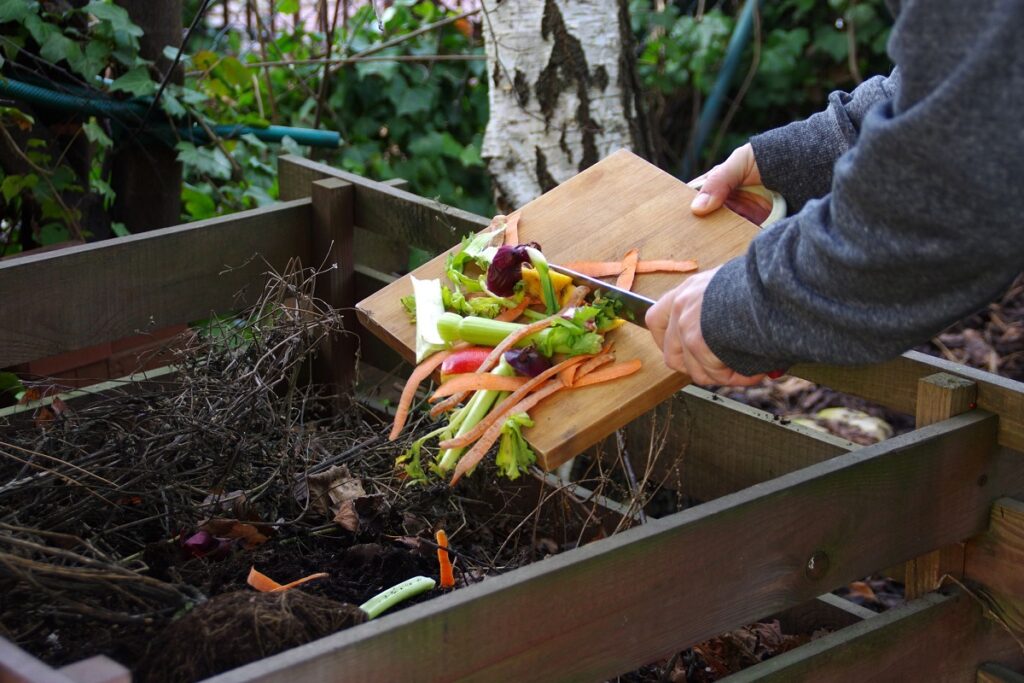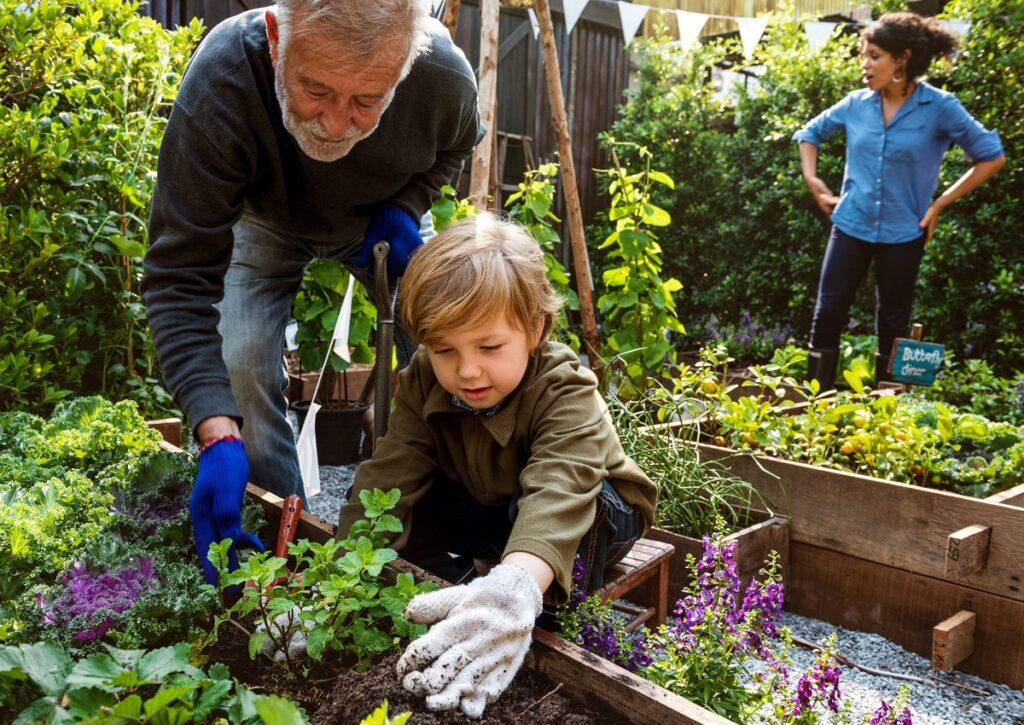Digging Deeper: The Benefits And Challenges Of Worm Composting
Vermicomposting is an excellent way to compost using special composting worms. Most employ worms like red wigglers to break down organic waste into nutrient-rich vermicompost. This practice has a long history and has much to do with gardening and sustainable living.
It’s evident in ancient civilizations like the Indus Valley and Mesopotamia. However, it resurfaced in the 19th century when Charles Darwin conducted extensive research on earthworms and their role in soil fertility. Vermicomposting has since evolved as an efficient and environmentally friendly method of composting.
A vermicomposting system, or worm farm, is essential for composting worms to grow and efficiently turn organic waste into nutrient-rich vermicompost. In Australia, many gardeners use worm farm products from Maze. The Maze worm farm set up gives composting worms a controlled environment that looks like their natural home.
A worm farm can protect worms from extreme temperatures and predators so that they can do their composting work better. It’s ideal for urban or small-garden settings due to its size. It allows people with limited outdoor space to explore vermicomposting.

Benefits Of Worm Composting
Vermicomposting involves using special composting worms to break down organic waste into nutrient-rich compost. It helps divert kitchen scraps, coffee grounds, and other materials from landfills, promoting a circular economy and minimizing environmental impact.
Here are some advantages of worm composting:
Fertile Compost
Worm composting produces vermicompost. Vermicompost is a dark, crumbly material containing beneficial microorganisms, enzymes, and plant nutrients. It improves soil structure by increasing texture, porosity, and drainage.
Meanwhile, bacteria, fungi, and other soil-dwelling organisms abound in vermicompost. These microorganisms improve soil health by promoting nutrient cycling, disease suppression, and organic matter breakdown.
You can use vermicompost to enhance your garden’s health and vitality. Worm compost provides a reliable source of vital nutrients, which helps support strong plant growth and improve crop yields.
Waste Reduction
Worm composting is a sustainable solution for reducing organic waste. You can convert organic waste into valuable compost. Here are some examples:
- Kitchen and food scraps
- Coffee grounds
- Yard trimmings
- Shredded paper
- Fruit peels
Vermicomposting reduces the amount of waste sent to landfills, making the environment greener and more sustainable.
Healthy Soil
Vermicompost improves soil structure and moisture retention, improving water infiltration and nutrient absorption. It can prevent soil compaction and enhance root development. It also increases the soil’s capacity to hold water, reducing the need for frequent irrigation.
Furthermore, it allows plant roots to easily penetrate the soil, resulting in healthier root systems and better water and nutrient uptake. Imagine enriching your garden soil with vermicompost. You can witness the transformation of your plants as they thrive on a nutrient-rich substrate. Vermicompost improves soil fertility, stimulating vigorous growth.
Eco-Friendly
Worm composting is a natural, environmentally friendly process. It eliminates the need for chemical fertilizers, pesticides, and synthetic additives. Incorporating worm composting into your gardening practices follows sustainable and environmentally conscious principles. You can help preserve biodiversity by creating a healthier garden for insects, birds, and other organisms.

Challenges Of Worm Composting
While worm composting is beneficial, it does have some drawbacks. Understanding and dealing with these issues is critical for successful vermicomposting. Let’s look at some of the potential roadblocks and how to overcome them:
Temperature And Moisture Control
Keeping the worms at optimal temperature and moisture levels can be challenging. Extreme temperatures, high humidity, or dry conditions can negatively impact the worm population and the composting process.
For example, worm bins may become too warm during hot summers, potentially harming the worms. On the other hand, maintaining the necessary warmth for optimal composting can be difficult in cold climates.
Consider these tips:
- Putting worm bins in a shady area or insulating them when the weather is very hot or cold can help control the environment.
- The worms will have a good place to live if you check the moisture level often.
- Change the bedding or add water as needed.
These suggestions can help you maintain the optimal temperature and humidity for the worms.
Unpleasant Smells
If the worm bin has too much nitrogen-rich material, like food waste, it can smell bad. Hence, it requires adequate maintenance. Here are some potential causes of bad smells:
- Too much food
- The wrong balance of carbon and nitrogen materials
- Not enough air moving through the bin
Avoid giving the worms too much food. Keep the right balance of carbon-rich materials—like shredded paper or dry leaves and nitrogen-rich items—like food scraps. Turning the compost often and giving it enough airflow can stop anaerobic conditions that cause smells.
Pest Infestation
Worm bins can attract pests like fruit flies, gnats, and ants. They can disrupt composting and harm the worms. Fruit flies love decaying organic matter and can be a nuisance near worm bins, potentially leading to infestations.
You can prevent fruit flies from laying eggs by covering food scraps with a layer of bedding material. Meanwhile, putting the worm bin on a stand and submerging the legs in water can create a barrier that keeps ants away. Regular inspection and keeping your container clean can help prevent pest infestations.
Conclusion
Worm composting has challenges. But with the proper knowledge and care, you can overcome them. Vermicomposting can be rewarding if you know how to prevent pest infestations and learn to control the temperature, humidity, and smell. Approaching these challenges with compassion and perseverance is crucial for a greener, healthier world.
